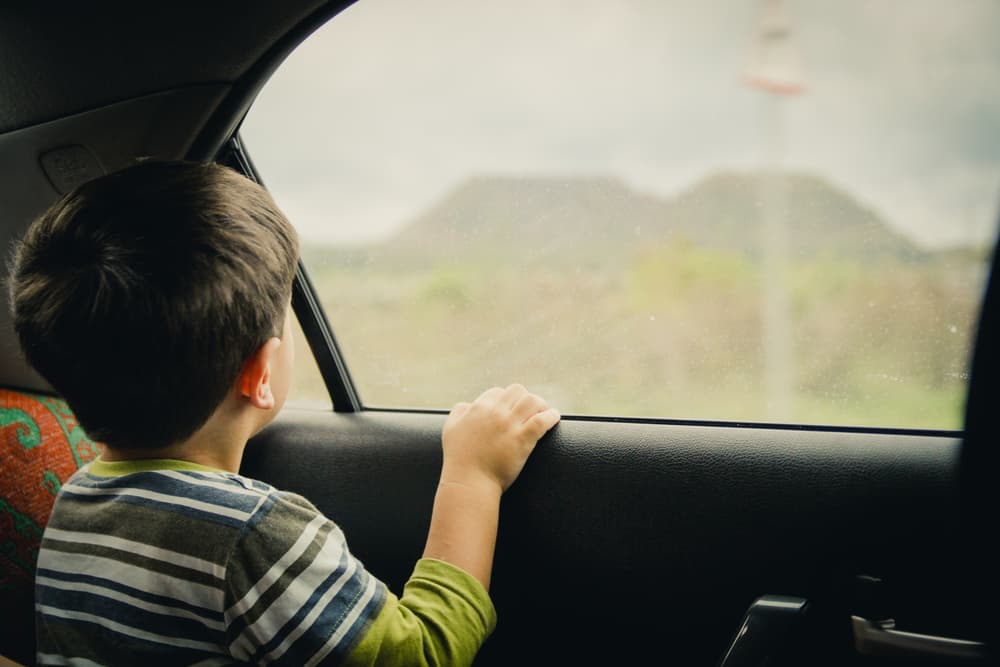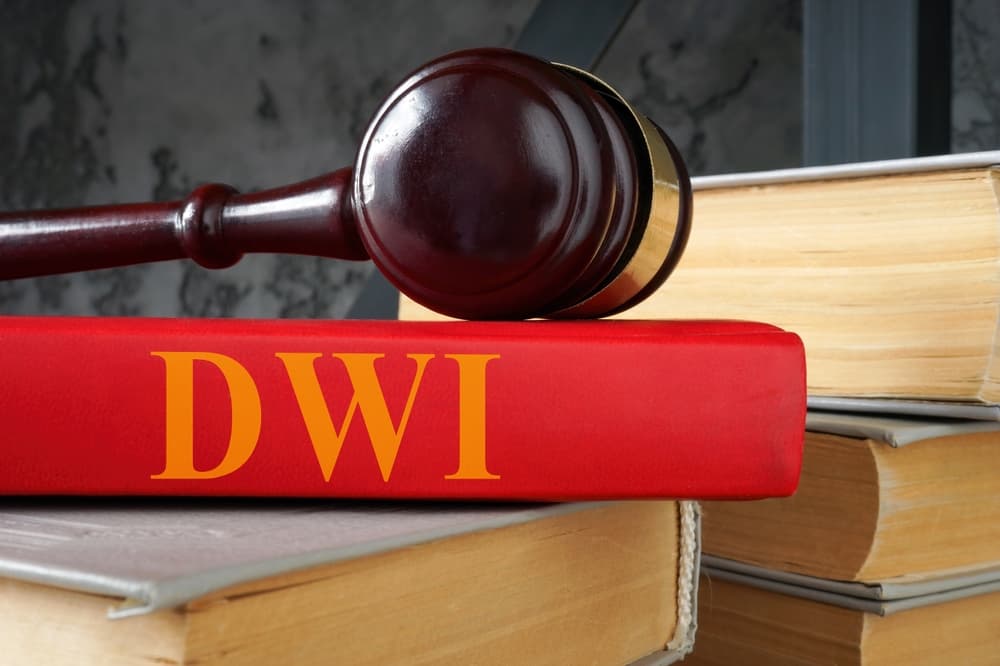
Child Endangerment and Reckless Driving in NY
When reckless driving defense attorneys in New York defend clients, the legislation that defines Leandra’s Law often comes into play. The police may pull over the driver if a child (16 years or younger) rides as a passenger in their car.
Schedule a Free Initial Consultation Today!
Defining DWI and DWAI

While DWI stands for “driving while intoxicated,” DWAI is “driving while ability impaired.”
The BAC limit for DWI is 0.08 percent for drivers over 21, 0.04 percent for people driving with CDLs, and 0.02 percent for drivers under 21. Aggravated DWI charges require a BAC of 0.18 percent.
DWAI BAC limits are 0.05 percent but under 0.07 percent. DWAI refers specifically to the substance that is impairing the driver.
Penalties for a DWI conviction may include a fine ranging from $500 to $2,500 for a first DWI and up to a year in jail. Drivers may get their license revoked for at least six months and may have to install an ignition interlock device for a year or more.
DWI convictions remain on New York driving records for 15 years, with subsequent convictions possibly leading to felony charges.
Leandra’s Law and How It Fits in with Child Endangerment
If you’re charged with DWI/DWAI and have a child as a passenger, you can end up being subject to Leandra’s Law. That’s why you must consult a knowledgeable DWI/DWAI attorney.
The law, named after Leandra Rosado, was enacted after a driver drinking alcohol killed an 11-year-old girl on the Henry Hudson Parkway. It went into effect a few years ago. Under the legislation:
- The court may charge first-time DWI/DWAI offenders with a class E felony if they have a child under 16 years old in their vehicle, which is punishable by up to four years in prison.
- The court may charge drivers with a Class B felony if they commit DWI/DWAI and cause the death of a child under 16. This offense is punishable by as many as 25 years in prison.
- If a serious physical injury to a child results from DWI/DWAI, the punishment may extend to 15 years in state prison for the Class C felony.
- Police must report a guardian or parent, charged with DWI or DWAI, who has a child in the car to the Central Register of the Child and Abuse and Maltreatment Department in New York.
- Also, drivers with a blood alcohol content (BAC) of at least .08 and a child under 16 as a passenger will have their license automatically suspended until the prosecution for the case concludes.
- A court must install an ignition interlock device for at least six months for a Leandra Law offense.
Moreover, as represented by Leandra Law legislation, an aggravated DWI charge stays on your criminal record for the rest of your life.
That’s why you can’t afford to contact a child endangerment attorney or a lawyer who handles cases that involve DWI/DWAI or reckless driving in New York.
What is Considered Reckless Driving in New York?
In New York, reckless driving is a criminal offense that happens when a driver operates a motor vehicle so that it unreasonably endangers other people. Specific examples include:

- Driving down a one-way street the wrong way
- Driving well over the posted speed limit (over 30 miles per hour) which may lead to 30 days in jail
- Swerving between cars and in and out of traffic at a high speed
- Making a U-turn across several lanes of traffic
- Consuming alcohol or drugs before violating a traffic law
The definition of reckless driving is subjective and flexible. That’s because the police have a wide berth in defining recklessness. To prove the charge in court, a prosecutor must demonstrate that the driver acted in a way that a rational individual will never consider, thus disregarding another person’s safety.
If you’re convicted of reckless driving alone, you can face as much as 30 days in jail for a first offense or up to 90 days if it’s your second offense. The punishment for a third offense may land you in jail for a total of 180 days. You might also face a $300 fine or a year of probation.
Reckless Endangerment
If reckless endangerment applies, the court may stack the charges against you. You’ll face charges for both reckless driving and reckless endangerment.
In New York, multiple laws can apply to a driver who endangers a child while they’re driving. For example, reckless endangerment involves deliberately putting another person at risk and can classify as either a first-degree or second-degree offense.
- When charged in the first degree, reckless endangerment is a class D felony, which may lead to a prison term of seven years. This charge is applied when a person behaves with a depraved indifference to the lives of others and, therefore, creates a serious risk of death.
- When considered a second-degree offense, reckless endangerment is a Class A misdemeanor offense with a sentence that leads to up to a year in jail. For instance, the court might impose this sentence if the driver speeds in a residential area.
Endangering a Child’s Welfare
Endangering a child’s welfare is noted in the state Penal Law 260.10 and can apply in several situations, including driving while intoxicated with a child as a passenger.
For example, the law applies when a person intentionally behaves in a way that can harm a child’s mental or physical state or moral welfare. It applies to a child who is 16 years old or younger.
Contact a Child Endangerment or Reckless Driving Attorney If You’ve Been Arrested for DWI/DWAI, Reckless Driving, and Child Endangerment
If you’ve been charged with DWI/DWAI or reckless driving and had a child passenger in your car at the time of the arrest, you must consult a DWI/DWAI attorney or reckless driving lawyer. Make sure you choose an attorney who regularly handles cases like yours so you can realize the best results. Learn more about your rights now. Contact a New York criminal defense lawyer to review your case right away.
Schedule a Free Initial Consultation Today!
Lindsay Bernstein
Latest Posts
What Happens if You Get Caught for Shoplifting?
If someone accuses you of shoplifting, you may face serious legal consequences. The first and most obvious risk you face is the immediate threat to your...
Common Offenses That Lead to a Suspended License in New York
We frequently overlook or undervalue our ability to drive, regarding it as a right rather than a privilege. Though most of us know that there are fines and...
